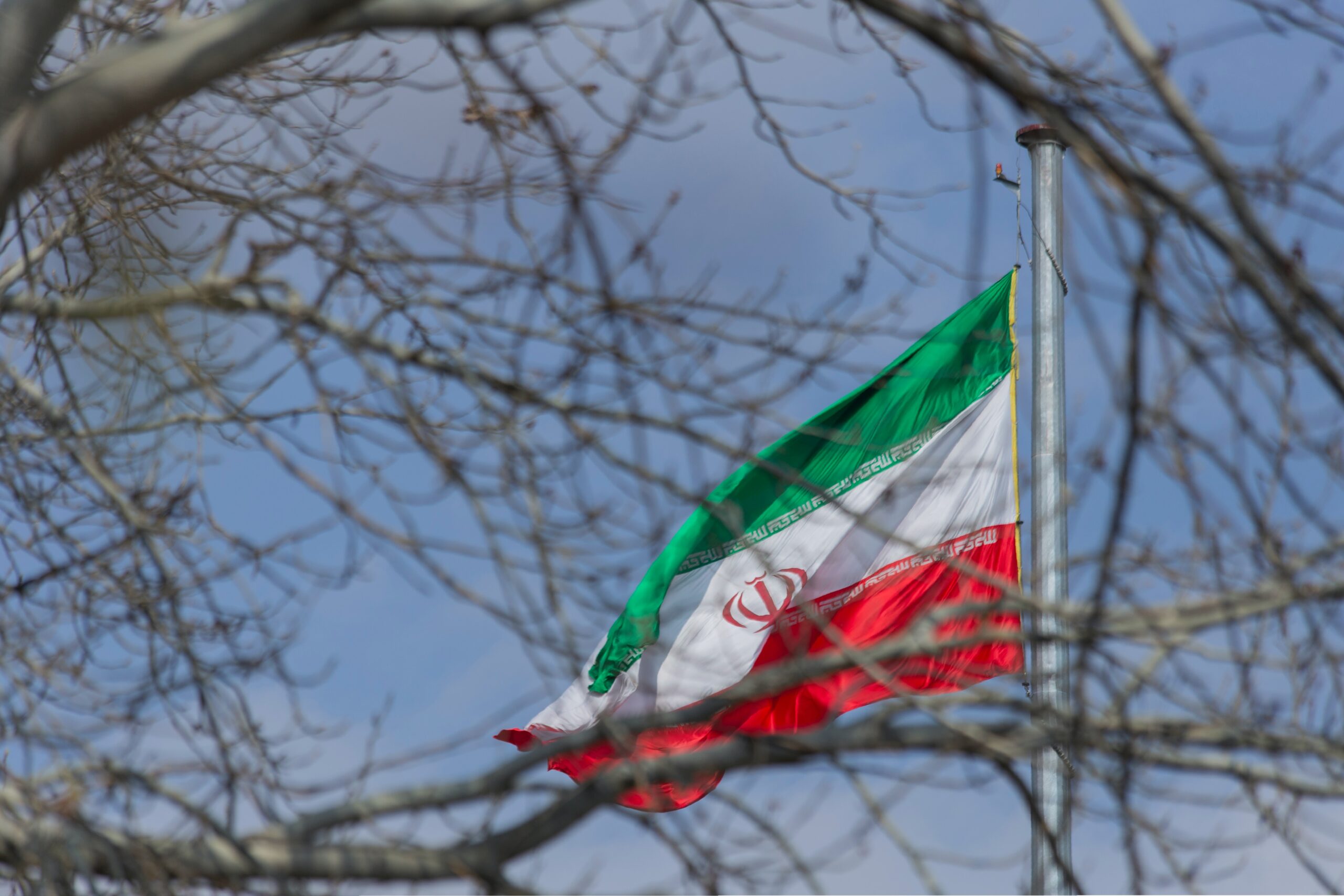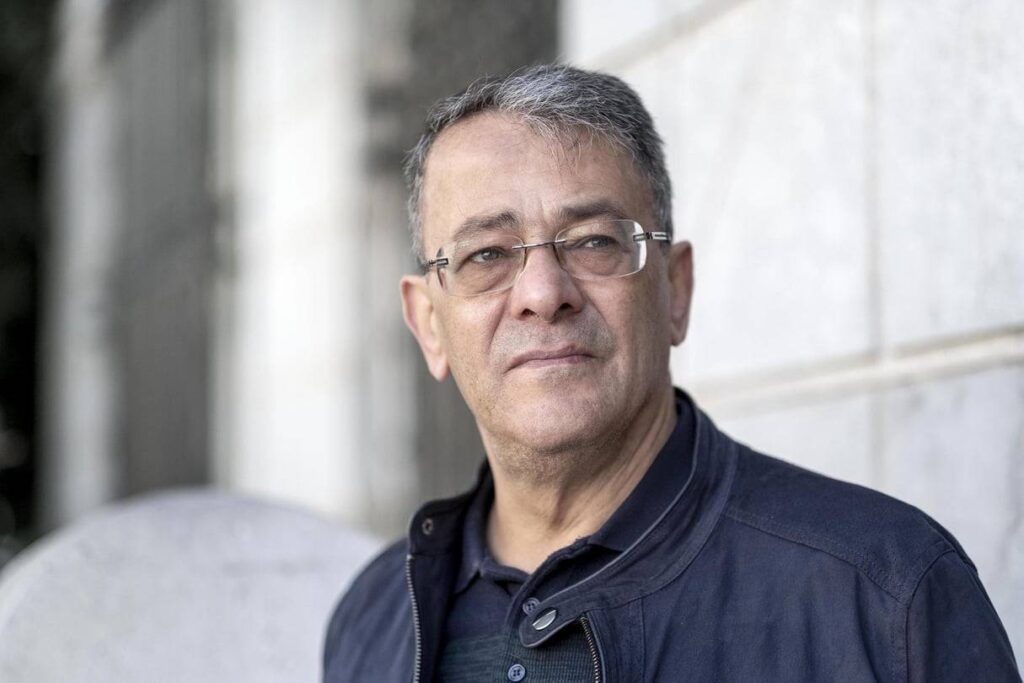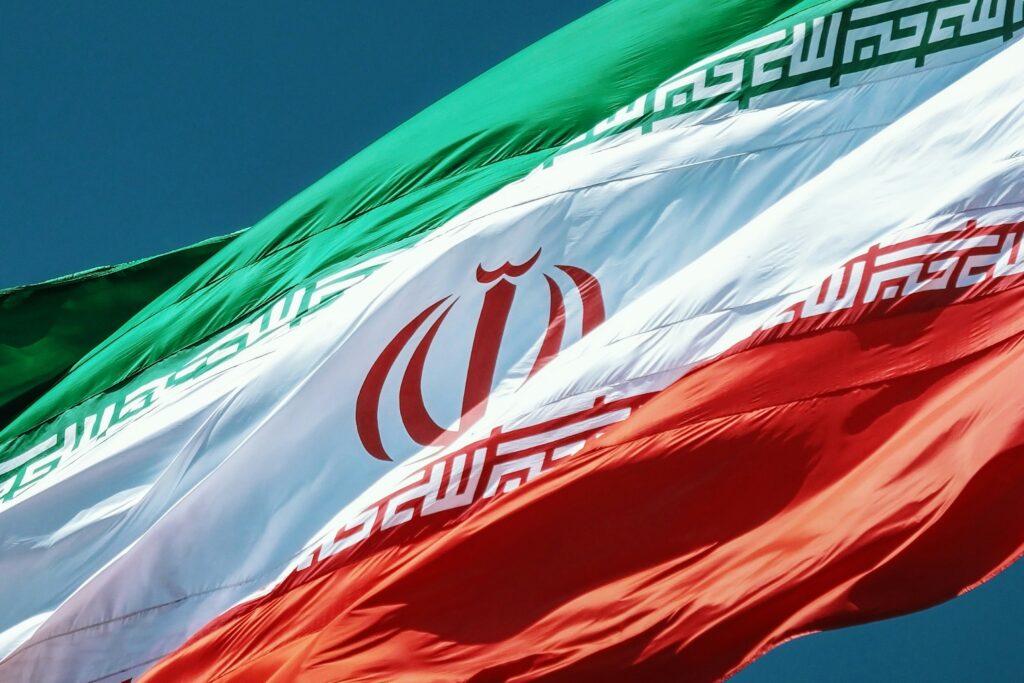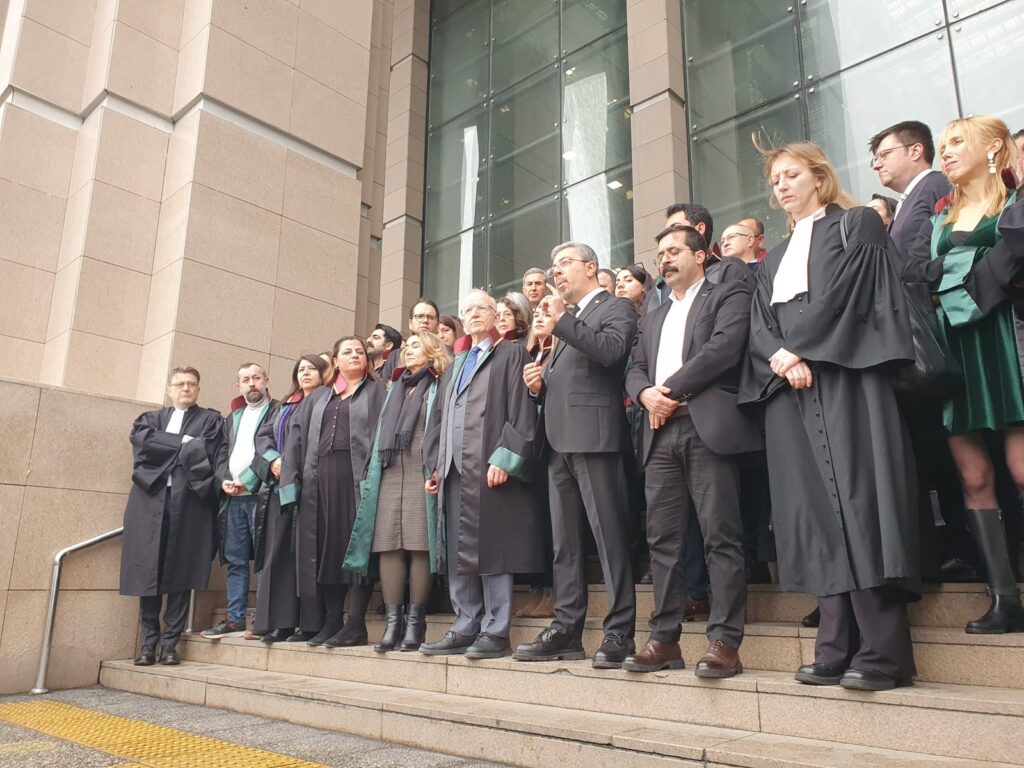On 16 July 2024, Lawyers for Lawyers, The Law Society of England and Wales (the Law Society) and Iran Human Rights Documentation Center (IHRDC) submitted a report for the fourth Universal Periodic Review (UPR) of the Islamic Republic of Iran. This review will take place in January/February 2025.
In the report, Lawyers for Lawyers highlighted that the Iranian authorities do not always uphold the necessary guarantees for the proper functioning of the legal profession in practice, as set out in the UN Basic Principles on the Role of Lawyers. The UPR’s key concern is of Iran’s compliance with its international human rights obligations under the UN Basic Principles on the Role of Lawyers, specifically on the interference with the independence of the legal profession, the lack of independence of the judiciary, the lack of fair trial guarantees that prevent lawyers effectively representing their clients and the systematic persecution of lawyers.
L4L has received reports of defendants being denied the services of a lawyer, or a lawyer of their own choosing. Furthermore, article 35 of the Constitution places certain restrictions and conditions on access to a lawyer, specifying that lawyers’ meetings with clients cannot exceed one hour and lawyers must turn over handwritten notes taken during the meeting for inclusion in the case file. Reports further indicate that most police officers, investigators, and judges operate with the understanding that confessions should be obtained before evidence is collected. In most cases, the confession is obtained in the initial phases, without the presence of a lawyer, and before any other evidence is gathered.
The report further highlights that lawyers’ representation of clients in court is reportedly often severely restricted, with lawyers being denied entry to court rooms, and access to case documents, witnesses, and their clients. For example, lawyers have reported that certain court branches, particularly the Revolutionary Courts, have previously put a sign: “We do not accept attorneys at law” on their doors.
Apart from this type of harassment, the report emphasizes that Iranian authorities have systematically targeted lawyers working on sensitive cases, who have faced harassment, improper interference, illegitimate prosecutions, unfair trials, and arbitrary deprivation of liberty. Following the 2022 Woman, Life, Freedom protests, restrictions on lawyers have increased significantly. Many lawyers in Iran have faced threats from security forces and national security-related charges when attempting to represent their clients. It has been reported that between September 2022 and March 2023, at least 66 lawyers were arrested for their work, with at least 11 being sentenced.
L4L and The Law Society and IHRDC have thus, due to the above-mentioned concerns, called for immediate attention and taking measures to uphold the UN Basic Principles of the Role of Lawyers.




